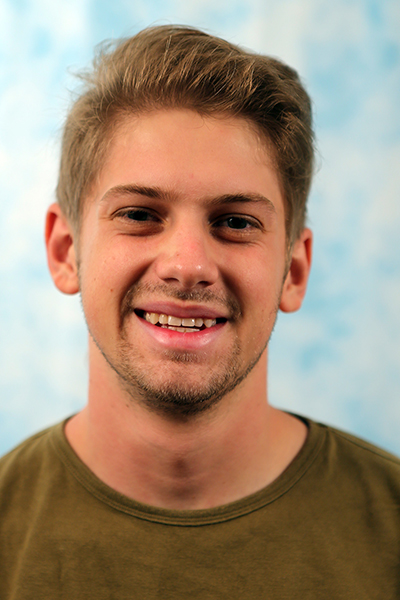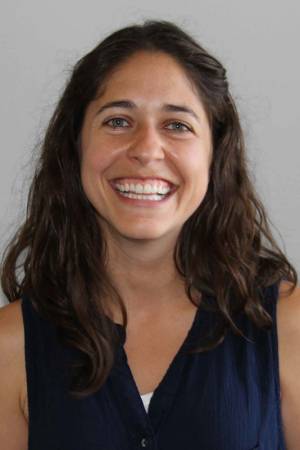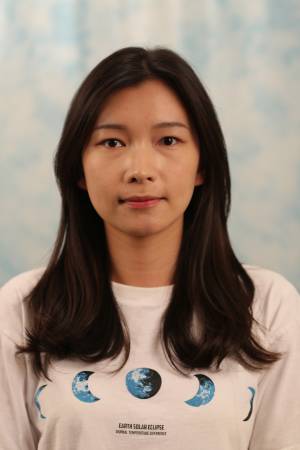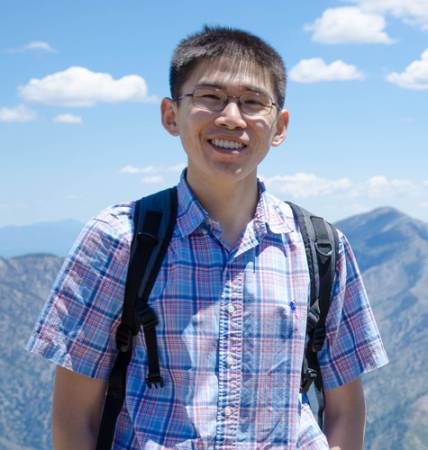GANcraft – an unsupervised 3D neural method for world-to-world translation
Abstract: Advances in 2D image-to-image translation methods, such as SPADE/GauGAN, have enabled users to paint photorealistic images by drawing simple sketches similar to those created in Microsoft Paint. Despite these innovations, creating a realistic 3D scene remains a painstaking task, out of the reach of most people. It requires years of expertise, professional software, a library [...]
Run-Time Optimization in the Deep Learning Age
Abstract: In a recovery task one seeks to obtain an estimate of an unknown signal from a set of incomplete measurements. These problems arise in a number of computer vision applications, from image based tasks such as super-resolution and in-painting to 3D reconstruction tasks such as Non-Rigid Structure from Motion and scene flow estimation. Early [...]
Carnegie Mellon University
System Identification and Control of Multiagent Systems Through Interactions
Abstract: This thesis investigates the problem of identifying dynamics models of individual agents of a multiagent system (MAS) and exploiting these models to shape their behavior using robots extrinsic to the MAS. While task-based control of a MAS using onboard controllers of its agents is well studied, we investigate (a) how easy it is for [...]
Human-in-the-loop Model Creation
Abstract: Modern machine learning systems have made astonishing progress in automating labor-intensive tasks such as visual recognition and machine translation. While ML systems complete these tasks better and faster, humans are largely left behind. Indeed, most humans are entirely excluded from the creation process of machine learning models, except for tedious data annotation. In [...]
Carnegie Mellon University
Learning and Inference in Factor Graphs with Applications to Tactile Perception
Abstract: Factor graphs offer a flexible and powerful framework for solving large-scale, nonlinear inference problems as encountered in robot perception and control. Typically, these methods rely on handcrafted models that are efficient to optimize. However, robots often perceive the world through complex, high-dimensional sensor observations. For instance, consider a robot manipulating an object in hand [...]
Learning Optical Flow: Model, Data, and Applications
Abstract: Optical flow provides important information about the dynamic world and is of fundamental importance to many tasks. In this talk, I will present my work on different aspects of learning optical flow. I will start with the background and talk about PWC-Net, a compact and effective model built using classical principles for optical flow. Next, [...]
Hands-On Interactions
Abstract: Our sense of touch is present in almost all our interactions with the world, from providing us with the feedback necessary to perceive and manipulate objects without having to look at them, to allowing our limbs to move and walk without us having to think about how to take the next step. We use [...]
Distributed Dissipativity: Applying Foundational Stability Theory to Modern Networked Control
Abstract: Despite its diverse areas of application, the desire to optimize performance and guarantee acceptable behaviour in the face of inevitable uncertainty is pervasive throughout control theory. This creates a fundamental challenge since the necessity of robustly stable control schemes often favors conservative designs, while the desire to optimize performance typically demands the opposite. While [...]
Towards Complex Robot Motions with Reinforcement Learning
Abstract: Reinforcement learning has shown to be a powerful tool for decision-making problems. In this talk, we present the opportunities and challenges of enabling increasingly complex robot behavior with reinforcement learning. First, we present a system that combines reinforcement learning and extrinsic dexterity to solve a novel task of “occluded grasping”. To reach an occluded [...]
Haptic Perspective-taking from Vision and Force
Abstract: Physically collaborative robots present an opportunity to positively impact society across many domains. However, robots currently lack the ability to infer how their actions physically affect people. This is especially true for robotic caregiving tasks that involve manipulating deformable cloth around the human body, such as dressing and bathing assistance. In this talk, I [...]
Do Vision-Language Pretrained Models Learn Spatiotemporal Primitive Concepts?
Abstract: Vision-language models pretrained on web-scale data have revolutionized deep learning in the last few years. They have demonstrated strong transfer learning performance on a wide range of tasks, even under the "zero-shot" setup, where text "prompts" serve as a natural interface for humans to specify a task, as opposed to collecting labeled data. These models are [...]








